
How to Become a London Chauffeur: A Complete Step-by-Step Guide
London is one of the world’s most vibrant and dynamic cities, bustling with business leaders, celebrities, tourists, and dignitaries who demand exceptional personal transportation. Behind the wheel of many of the city’s high-end vehicles is a professional chauffeur — not just a driver, but a service-oriented specialist trained to deliver luxury, punctuality, and discretion. If you’ve ever wondered how to become a London chauffeur, you’re in the right place. This guide will walk you through everything you need to know — from licensing requirements to career expectations, training, earnings, and the personal qualities that make for a successful chauffeur.
What Is a Chauffeur?
A chauffeur is a professional driver hired to transport clients in luxury vehicles. Unlike cab drivers or rideshare operators, chauffeurs are often employed by high-end companies or private individuals, and their role includes far more than just getting from point A to point B. Chauffeurs often:
- Open doors for clients.
- Handle luggage
- Wear professional attire
- Maintain spotless vehicles
- Demonstrate discretion, patience, and a polished demeanor.
In London, chauffeurs serve VIPs, business executives, tourists, and wedding parties — and are expected to provide a five-star experience every time.
Step-by-Step Guide: How to Become a Chauffeur in London
1. Check Eligibility Requirements
Before diving into training or applying for jobs, make sure you meet the basic requirements:
- Minimum age: You must be at least 21 years old.
- Driving licence: You need a full UK driving licence, held for at least 3 years.
- Right to work: You must have the legal right to work in the UK.
- Clean driving record: While not mandatory, a clean driving history is preferred.
- Character and medical fitness: You'll need to pass an enhanced criminal background check and a medical exam.
2. Apply for a Private Hire Driver Licence (PHV Licence)
To operate legally as a chauffeur in London, you must hold a Private Hire Vehicle (PHV) Driver Licence, issued by Transport for London (TfL). Here’s how to get it:
- Create a TfL online account and request a PHV application pack.
- Pass an enhanced DBS check (Disclosure and Barring Service) through an approved provider.
- Undergo a medical examination using the DVLA Group 2 standards (must be done by your GP).
- Pass a topographical skills assessment to demonstrate your ability to read maps and navigate efficiently (test conducted at an approved centre).
- Meet English language requirements, which may involve passing a speaking, listening, reading, and writing test unless you have approved qualifications.
Once all documents are submitted and approved, it usually takes 8–16 weeks to receive your PHV licence.
Tip: Do not start work as a chauffeur until you’ve received your PHV licence.
3. Decide Between Employment and Self-Employment
After becoming licensed, you’ll need to decide whether you want to:
A. Work for a Chauffeur Company
Many new chauffeurs choose to work for an established executive travel firm. This provides regular bookings, a luxury vehicle (often supplied), and consistent work.
Pros:
- Less upfront investment
- Access to high-end clientele
- Training and support
- Reduced marketing efforts
Cons:
- Fixed working hours or shift patterns
- Lower earnings than self-employed chauffeurs
B. Become a Self-Employed Chauffeur
You can operate as an independent chauffeur, either as a sole trader or by setting up a limited company.
Pros:
- Higher earnings potential.
- Full control over your schedule and rates.
- Build your brand and reputation.
Cons:
- Must purchase or lease your luxury vehicle
- Responsible for all business expenses, marketing, and client acquisition
- Irregular income in the early stages
- Many chauffeurs begin with a company to gain experience, then transition to self-employment once they’ve built a client base.
4. Invest in a Suitable Chauffeur Vehicle
Your vehicle says everything about your service, and in the chauffeur world, first impressions matter. Popular Chauffeur Cars in London:
- Mercedes-Benz S-Class
- BMW 7 Series
- Audi A8
- Tesla Model S or Model X
- Mercedes V-Class (for group or executive travel)
Your car should be:
- Less than 5 years old
- Black, silver, or another executive colour
- Impeccably clean inside and out
- Equipped with leather seats and climate control
TfL also requires all chauffeur vehicles to pass a PHV vehicle inspection to ensure roadworthiness and compliance with emissions standards.
5. Dress and Act the Part
A professional appearance and behaviour are essential. Most chauffeur clients expect high standards of personal presentation and customer service.
Chauffeur Etiquette:
- Wear a black suit, white shirt, black tie, and polished shoes
- Be punctual — arrive at least 10 minutes early
- Open doors for passengers
- Greet clients politely and professionally
- Avoid unnecessary conversation unless the client engages first
- Maintain confidentiality and discretion at all times.
6. Gain Chauffeur-Specific Training
While not legally required, many chauffeurs choose to complete additional chauffeur training courses. These programmes can improve your skills, boost confidence, and make you more attractive to high-end clients or employers.
Topics Covered in Training:
- Defensive driving techniques
- VIP etiquette
- Conflict resolution
- Navigation and route planning
- Advanced car handling
- Emergency procedures
Look for courses provided by:
- British Chauffeurs Guild
- Institute of Advanced Motorists
- RoSPA (Royal Society for the Prevention of Accidents)
7. Join a Chauffeur Network or Platform
To get more jobs, consider registering with chauffeur dispatch systems or booking platforms, such as:
- Wheely
- Blacklane
- Addison Lee Executive
- JAF Executive Travels
Being visible on these platforms helps you access corporate clients, hotels, airports, and events.
8. Market Your Services
If you’re a freelance chauffeur, marketing is crucial to finding and retaining clients. Tips for Promoting Yourself:
- Create a professional website with booking options and service descriptions.
- Optimise for SEO so your site ranks for searches like “chauffeur London” or “executive car hire.”
- Network with hotels, travel agents, and event planners.
- Use LinkedIn to connect with corporate professionals and PA networks.
- Gather Google Reviews to build trust.
Exceptional service leads to repeat clients and referrals — your most valuable marketing tool.
9. Understand Earnings and Expenses
How much does a London chauffeur earn?
It depends on your level of experience, vehicle, and whether you're self-employed.
- Employed chauffeurs earn between £30,000–£50,000/year
- Self-employed chauffeurs can earn £50,000–£80,000+/year with the right clients
Common Expenses:
- Vehicle purchase/lease
- Insurance (public liability and private hire insurance)
- Fuel and maintenance
- Uniform and cleaning
- Licensing fees
- Marketing (if self-employed)
10. Stay Updated on Regulations and Industry Trends
The chauffeur industry is shaped by technology, competition, and regulation. To stay ahead:
- Regularly check TfL updates and licensing requirements
- Consider hybrid or electric vehicles to meet London’s ULEZ rules
- Follow industry publications like Professional Driver magazine
- Attend chauffeur expos or network with other drivers
________________________________________
Final Thoughts: Is Chauffeuring Right for You?
Becoming a London chauffeur offers a prestigious and rewarding career path — but it demands more than just driving ability. Success in this field requires professionalism, commitment, and attention to detail. You might thrive as a chauffeur if you:
✅ Enjoy driving luxury vehicles
✅ Have a passion for delivering outstanding customer service
✅ Can remain calm and composed under pressure
✅ Appreciate flexible, independent work
✅ Have strong local knowledge of London’s roads, hotels, and venues
Whether you’re changing careers or starting from scratch, following this guide can put you on the road to becoming a highly successful chauffeur in the UK's capital.
________________________________________
FAQs
1. Do I need to own a car to become a chauffeur in London?
Not necessarily. If you work for a company, they may provide a car. However, self-employed chauffeurs must own or lease a suitable vehicle.
2. Can I work part-time as a chauffeur?
Yes. Many chauffeurs operate part-time or evenings/weekends, especially if working freelance.
3. How long does it take to get a PHV licence from TfL?
On average, it takes 8 to 16 weeks, depending on how quickly you complete the requirements.
4. What’s the difference between a chauffeur and a taxi driver?
Taxi drivers pick up passengers from ranks or street hails, while chauffeurs work by pre-booking only and offer a higher-end experience.
5. Are electric vehicles accepted for chauffeur work in London?
Yes, and they're increasingly popular due to London’s emissions regulations. Models like the Tesla Model S are used for premium chauffeur services.
Share This:
Tom Copper
Tom Copper is a UK-based travel and tourism writer with a deep passion for transforming journeys into compelling stories. Over the years, he has explored both iconic destinations and lesser-known hidden gems, always seeking experiences that create meaningful connections between people and places. His writing reflects a genuine appreciation for culture, history, and adventure, blending practical travel advice with thoughtful personal insights. From vibrant city breaks and scenic coastal escapes to peaceful countryside retreats, Tom shares travel inspiration that feels authentic, relatable, and exciting. When he’s not crafting his next article, you’ll likely find him wandering through local markets, sampling new cuisines, or capturing unique moments through his camera lens. For Tom, travel is never just about ticking destinations off a list—it’s about the stories, emotions, and memories created along the way.
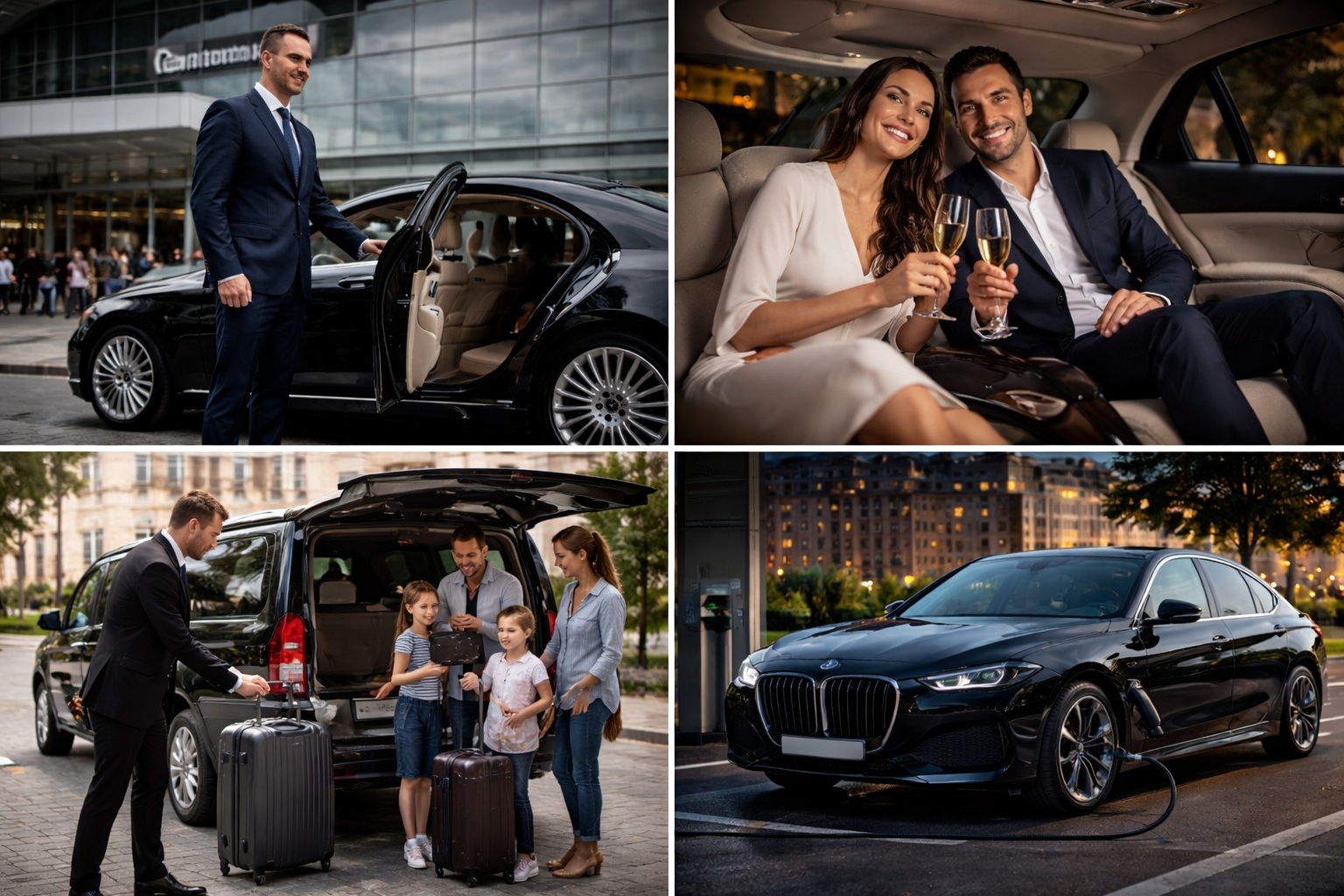
Common Myths About Chauffeur Hire Explained
Common Myths About Chauffeur Hire Explained Chauffeur hire services are often associated with luxury, prestige,…
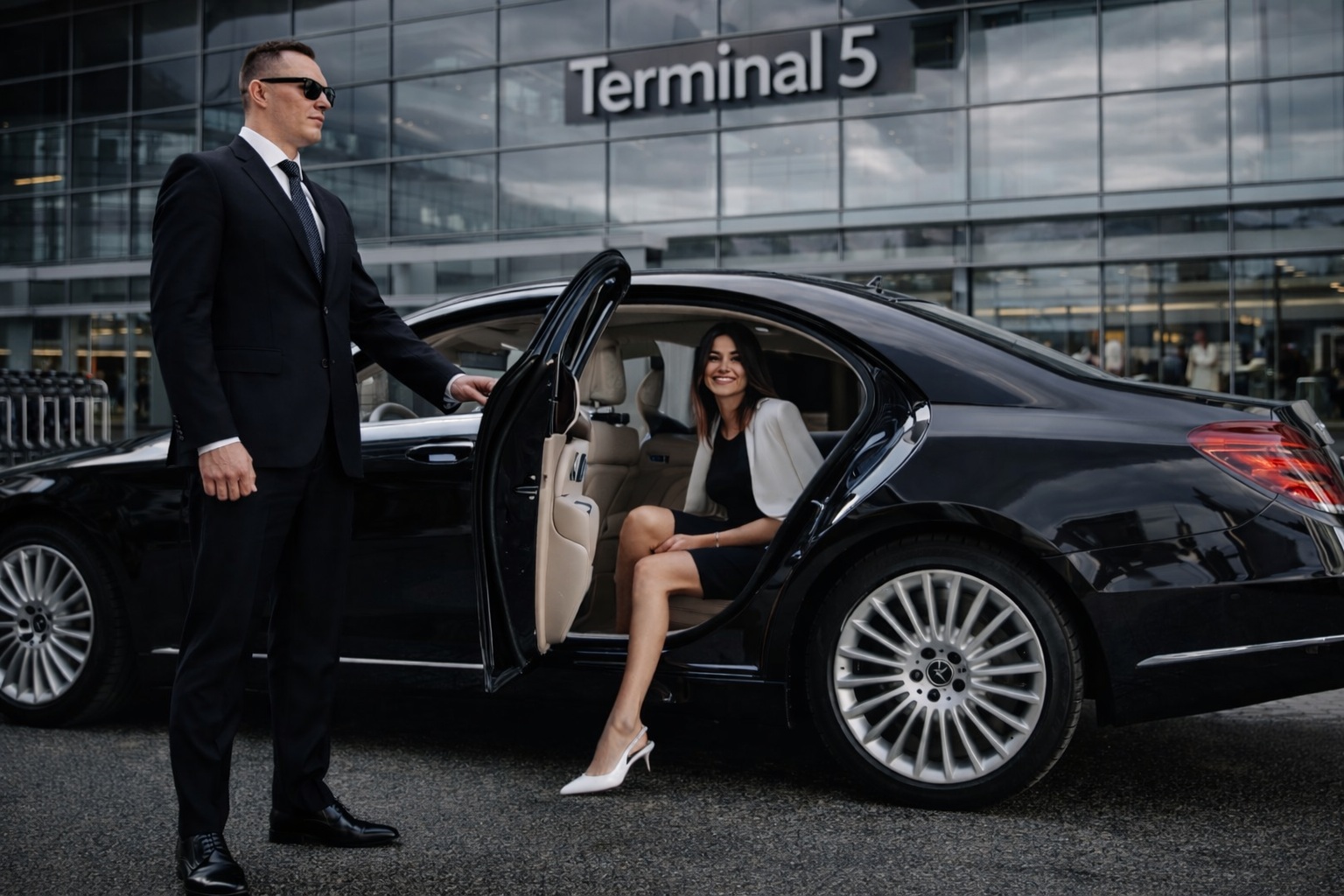
Chauffeur Hire in London: A Complete Local Guide
Chauffeur Hire in London: A Complete Local Guide London is one of the world’s most…
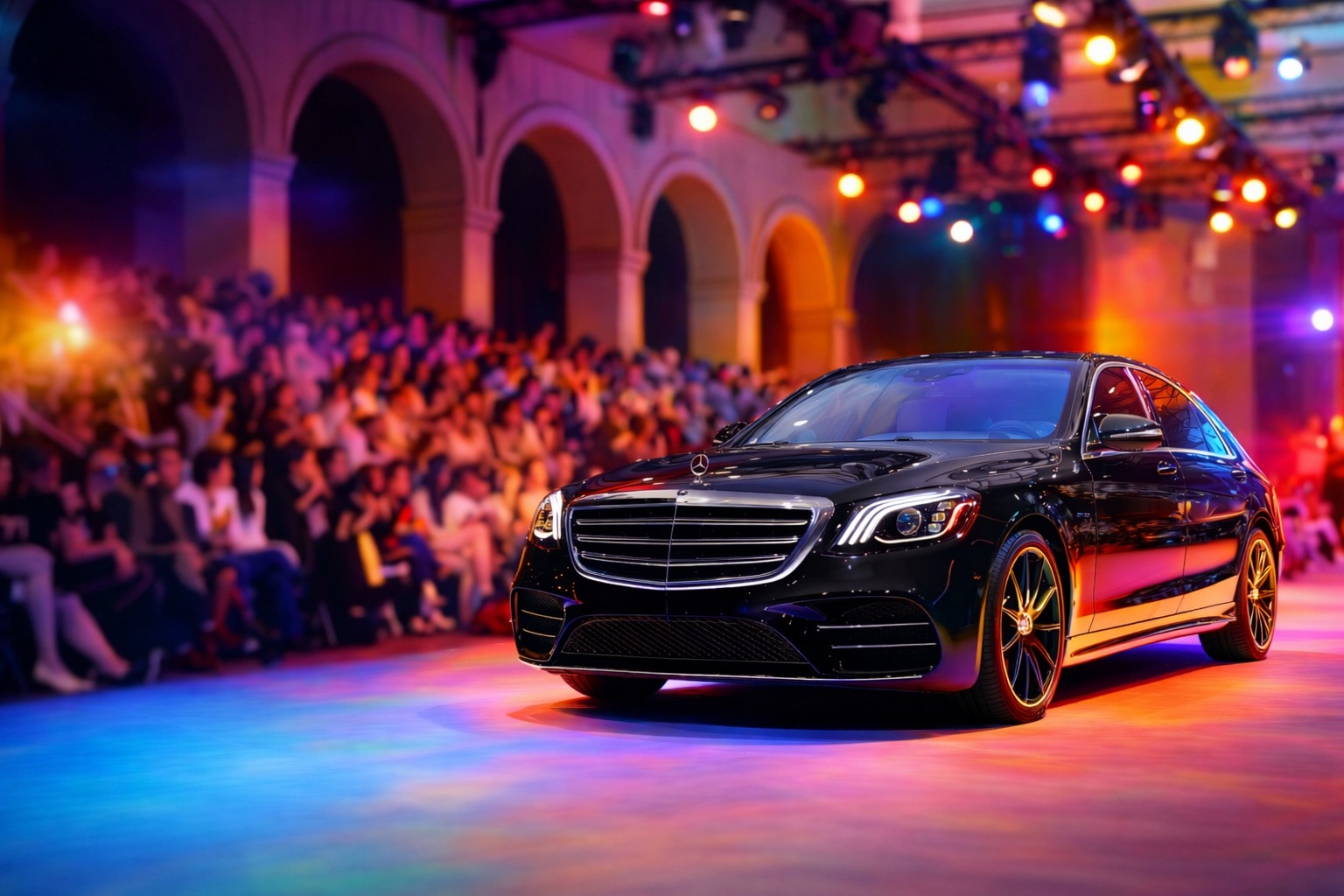
London’s Executive Ride Solution: Why JAF Beats Standard Ride-Hailing
London’s Executive Ride Solution: Why JAF Executive Travels Beats Standard Ride-Hailing In a city as…
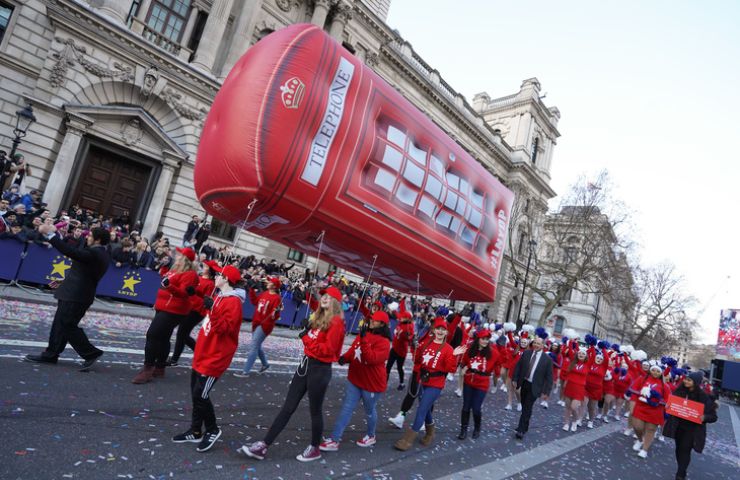
London’s New Year’s Day Parade-Full Guide
London knows how to welcome the New Year in style, and while New Year’s Eve…

Top 10 Hotels in London You Can’t Miss
London is one of the world’s most exciting cities, blending royal heritage, modern luxury, global…

Late Night Shopping in London: Where the City Shines After Dark
London is a city that rarely sleeps—and when the sun goes down, its shopping scene…

New Year’s Eve in London, UK: The Ultimate Guide for 2025
Celebrating New Year’s Eve in London is a bucket-list experience. Few cities in the world…
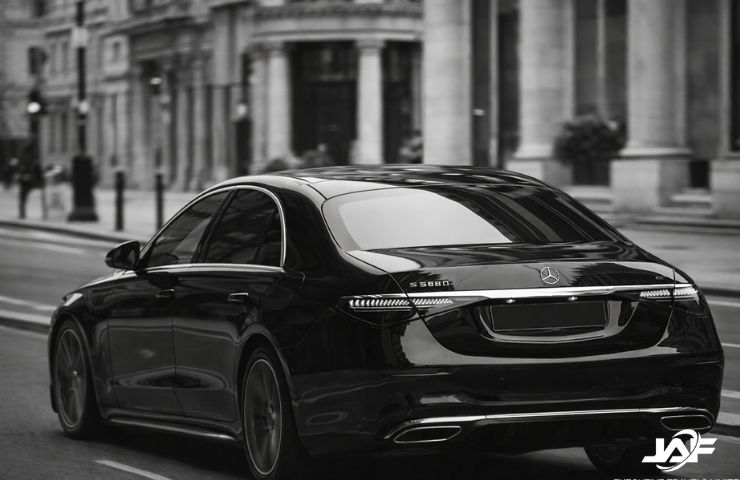
Executive Taxi Hire in Birmingham for Business Travel
Business travel in Birmingham has changed. Hybrid working has not reduced the need to meet…
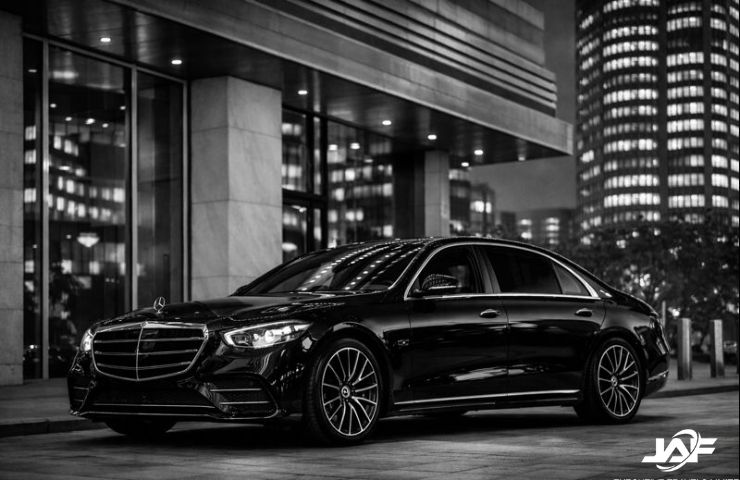
Chauffeur Services in Manchester for Corporate Clients
Manchester has quietly become one of the UK’s most important business cities. With global firms…
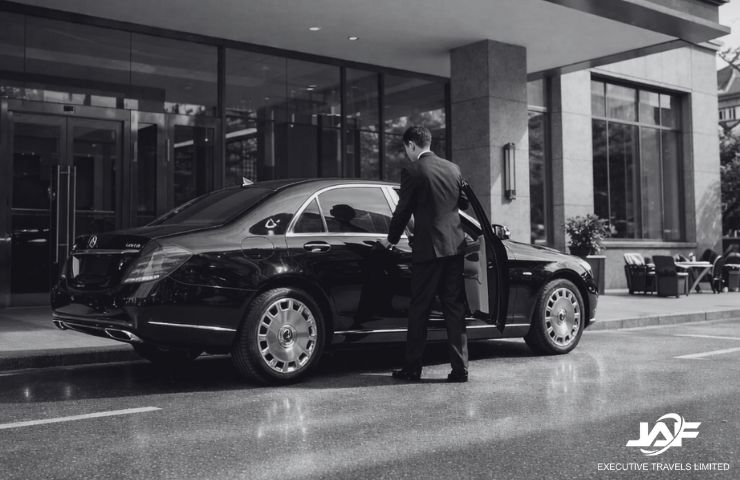
Private Chauffeur Hire for Heathrow, Gatwick & Luton
In a city as fast-paced and demanding as London, the way you travel matters. Whether…
